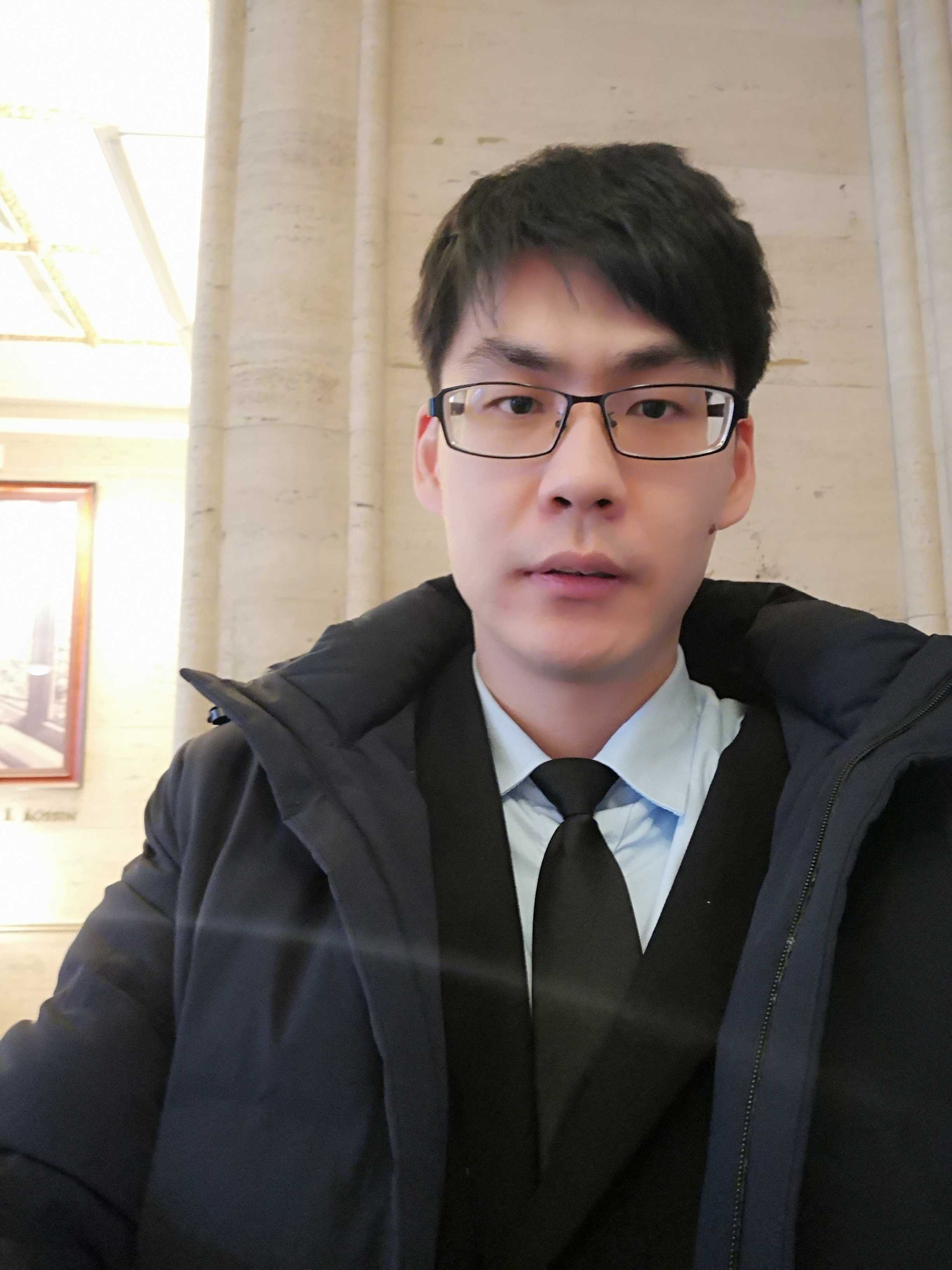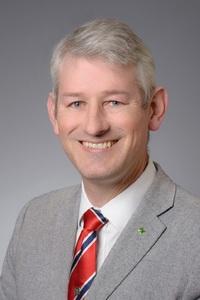Position Opening: Cyber-Physical Systems Program Director (CISE/CNS)
The National Science Foundation (NSF) is seeking a qualified candidate for an Interdisciplinary (Cyber-Physical Systems Program Director) position within the Directorate for Computer and Information Science and Engineering (CISE), Division of Computer Network Systems (CNS) in Alexandria, VA.
Please find out more here: https://www.usajobs.gov/job/777342600
This position is open for a Rotational IPA assignment. Applications will be accepted from all US citizens who meet citizenship and eligibility requirements.
IEEE SMARTCOMP 2024
International Conference on Smart Computing (SMARTCOMP) is the premier conference on smart computing. Smart computing is a multidisciplinary domain based on the synergistic influence of advances in sensor-based technologies, Internet of Things, cyber-physical systems, edge computing, big data analytics, machine learning, cognitive computing, and artificial intelligence.
The Tenth International Conference on Cyber-Technologies and Cyber-Systems (CYBER 2025)
The Tenth International Conference on Cyber-Technologies and Cyber-Systems (CYBER 2025)
September 28, 2025 to October 02, 2025 - Lisbon, Portugal
Call for Papers
The proposed decentralized/distributed control and optimization for the critical cyber-physical networked
Safety critical medical systems increasingly aim to incorporate learning-enabled components that are devel
The Congestion Impacts Reduction via CAV-in-the-loop Lagrangian Energy Smoothing (CIRCLES) project aims to reduce instabilities in traffic flow, called "phantom jams," that cause congestion and wasted energy. If you have ever encountered a temporary traffic jam for no apparent reason, this might have been a phantom jam that occurred naturally because of human driving behavior.




